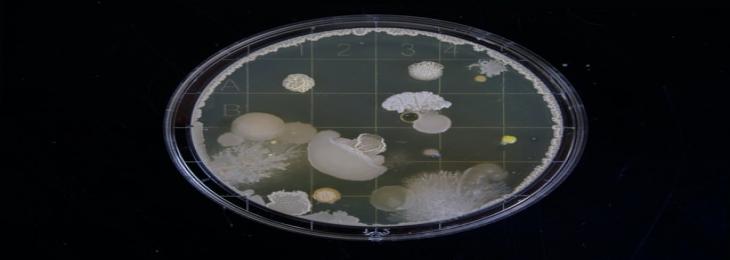Superbugs are in control due to this new mechanism that spares them the death penalty
Jun, 2021 - By SMI

Share
According to the researchers, the minor strategy of suppressing bacteria could cover the way for a new approach to treating diseases, potentially putting a stop to the arms race.
Antibiotics are reaching the end of their usefulness as bacteria develop into drug-resistant varieties. However, a recent study has discovered a technique that could render the bugs non-infectious without killing them, therefore alleviating the evolutionary pressure that leads to superbugs.
Humans and microorganisms are currently engaged in an arms competition. Antibiotics were a significant scientific breakthrough, but bacteria evolved ways to resist them over time. As a result, people developed better medications, while bacteria developed greater antibodies.
Unfortunately, it appears as though they are losing this war. Their antibiotic stockpile is depleting, and some germs are now resistant to all antibiotics. New medications are constantly being developed, but the process is slow and simply serves to postpone the inevitable. In an ideal world, they'd like a solution that doesn't encourage further resistance, lest humans end up with a future where unregulated superbugs kill up to 10 million people every year.
And that was the study's objective. Researchers at the University of Geneva (UNIGE) have discovered a protein that appears to render bacteria harmless when turned off. It also doesn't stop them from multiplying, so there's no evolutionary need for them to develop resistance quickly.
The researchers were looking into an RNA helicase, a sort of protein that they felt played a role in bacterial pathogenicity. The germ in question was Pseudomonas aeruginosa, a bad, opportunistic microbe that is becoming increasingly difficult to treat due to antibiotic resistance. Therefore rather of trying to eradicate the pathogen totally, shutting off the pathogen's virulence characteristics allows the host immune system to naturally kill the bacterium, potentially reducing the possibility of resistance says Martina Valentini, the study's corresponding author.
The researchers discovered that bacteria in a dish could still reproduce normally without the RNA helicase, but that it had a reduced ability to infect living cells in insect testing. The researchers observed that when they infected a batch of larvae with bacteria that couldn't make RNA helicase, more than 90% of the larvae survived the experiment.
Share
Stratagem Market Insights
533 Airport Boulevard, Suite 400, Burlingame, CA 94010, United States
Delivery Center
403, 4th Floor, Bremen Business Center
Aundh, Pune, Maharashtra 411007
India
